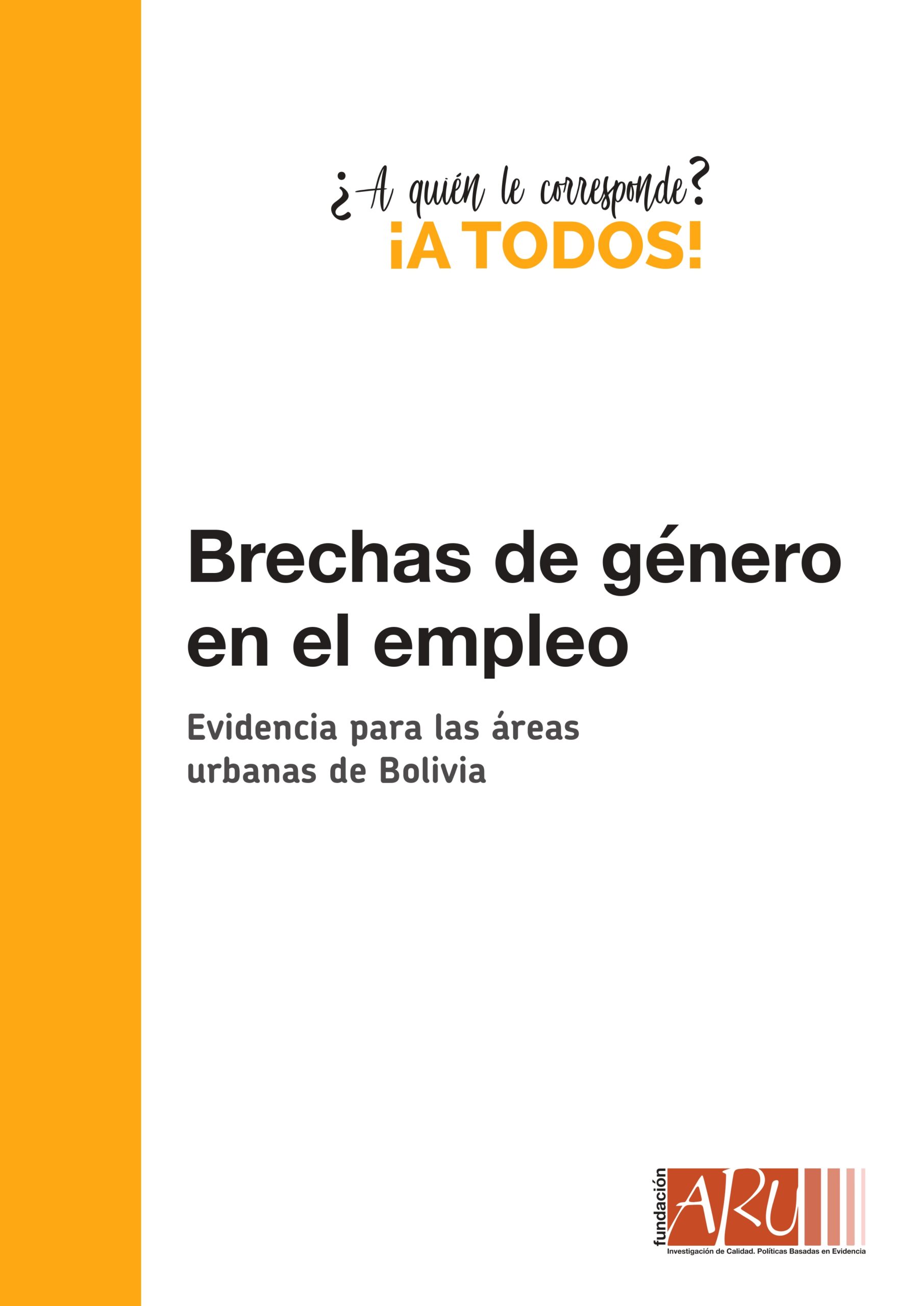
Año: 2019
Author(s): Fundación Aru
The growth of female participation in the labor market has stopped and shows signs of deterioration in the country. This slowdown may have implications for distributive aspects, women’s empowerment, and child care and education. Motivated by these implications, the behavior of the gender gap in employment in urban areas of Bolivia is analyzed. Using linear probability models, determinants of female labor decisions are identified and it is evident that women are less likely to work, and if they do, they do so in informal jobs. In addition, the results show that the deterioration in female labor participation has occurred in the most vulnerable groups of women, that is, those with fewer years of education, a greater number of children in the home, and belonging to households with lower income levels.



